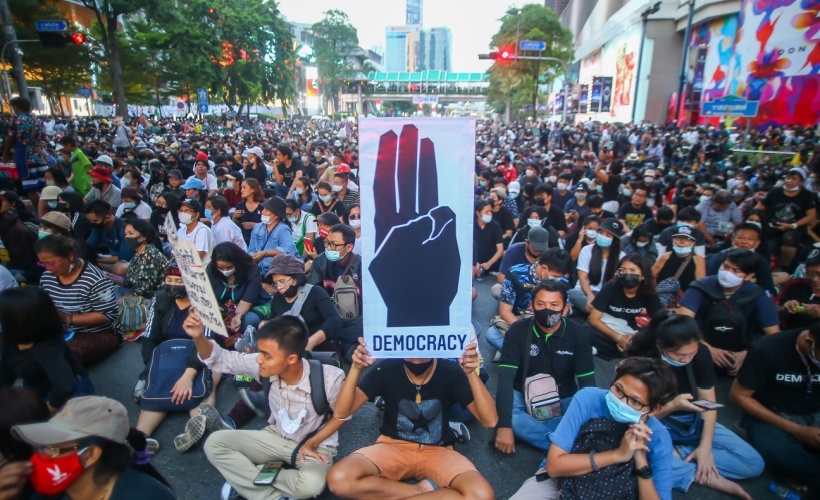Although the Taiwanese state is often excluded from international organisations, Rawnsley has noted how Taiwan’s civil society often actually has soft power advantages over China. One such realm is in the Global Greens, the network of international Green Parties. While Taiwan’s other major political parties, such as the Kuomintang and Democratic Progressive Party have also joined international party networks, the level of Green Party Taiwan’s (GPT) international engagement makes it by far the most international party in Taiwan. The GPT was a founding and active member of both the Global Greens and Asia Pacific Greens networks, organisations for which China is not a member. The fact that a member of the GPT was able to become the Convenor of the overall Global Greens network reveals the potential for Taiwan to engage in international green diplomacy.
While academic papers have looked at Taiwan’s civil society diplomacy through cases such as Taiwan’s LGBT rights diplomacy, as well as the Tzu Chi Foundation’s international charity projects, political party diplomacy has not yet been fully examined. This talk examines Taiwan’s experience of green party diplomacy by focusing on three core questions. Firstly, we look at the origins of Taiwan’s Green party diplomacy. Secondly, we examine how the nature of Taiwan’s Green party diplomacy has evolved over the last twenty five years. Lastly, we assess the impact of this diplomacy, both for raising Taiwan’s international visibility but also domestically. To answer these questions we make use of a series of interviews with green party figures that have been active in international engagement. Additionally three of the paper’s co-authors are former GPT candidates and leaders who have rich experience in green party diplomacy.
Dafydd J. Fell is a Professor of Comparative Politics at the Department of Politics and International Studies of the School of Oriental and African Studies (SOAS), University of London. He is also the Director of the SOAS Centre of Taiwan Studies. In 2004 he helped establish the European Association of Taiwan Studies. He has published numerous articles on political parties and electioneering in Taiwan.
Discussant: Professor William Hurst, Deputy Director, Chong Hua Professor of Chinese Development.







